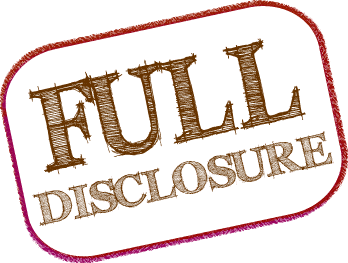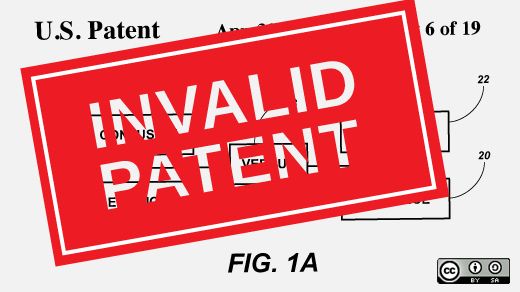
As you may recall, my last couple of articles have been about the different statuses that an inventor can claim when paying fees to the United States Patent and Trademark Office (USPTO). The first of these series of articles was an introduction to the micro-entity status, which allows inventors that qualify as micro-entities to pay 25% of the regular filing fee. The next one of the series of articles set forth the process for correcting an entity status if you did not file it properly.
This article will set forth the obligation of the inventor to monitor their entity status and keep the USPTO well informed. To review, a large entity is one that employs more than 500 people, or an entity that is under an obligation to assign their patent rights to an organization that would qualify as a large entity. A small entity has under 500 employees, and a micro-entity is a small inventor that does not have 500 employees, has not been named on more than four previously filed patent applications, and has an annual income less than three times the average median household.

Section 509.03 of the Manual of Patent Examining Procedures (MPEP) sets forth the continued obligation for thorough investigation of small entity status. More specifically, the MPEP notes that “while small entity status is not difficult to obtain, it should be clearly understood that applicants need to do a complete and thorough investigation of all facts and circumstances before making a determination of actual entitlement to small entity status. Where entitlement to small entity status is uncertain, it should not be claimed.” At the end of the day, the Patent Office runs off of its fees. If people are fraudulently indicating that they should be granted small entity status, when that is indeed not the case, then they are not paying the appropriate fees, and probably trying to pull a fast one over on the United States Patent Office.

By the way, the Patent Office probably could care less if you are a small entity that has been paying large entity fees all along. There’s no real fraud in that – just wastefulness. In future articles, I will discuss the scenario where a large entity becomes a small entity, and now seeks a refund of fees that they may have paid inadvertently as a large entity. It pretty much requires the filing of a declaration that the patent owner is now a small entity. Again, however, I would not recommend filing one of these declarations if you are not 100% sure that it is accurate. You do not want your patent to fall victim to a finding that it was obtained through fraud on the Patent Office.
And speaking of fraud, if someone has to litigate a patent that was fraudulently obtained, you better believe that a judge listening to the case will probably favorably look at a motion to recover the attorney’s fees associated with such a case. The point of this article is that the risk is way too high to mess around with trying to save a few bucks on filing fees at the USPTO. A patent is worth nothing if it is obtained through fraud. If you need some assistance in figuring out whether or not you can file as a small entity, or even a micro-entity, feel free contact me. You can also follow me on Twitter, LinkedIn and Facebook for even more information.

